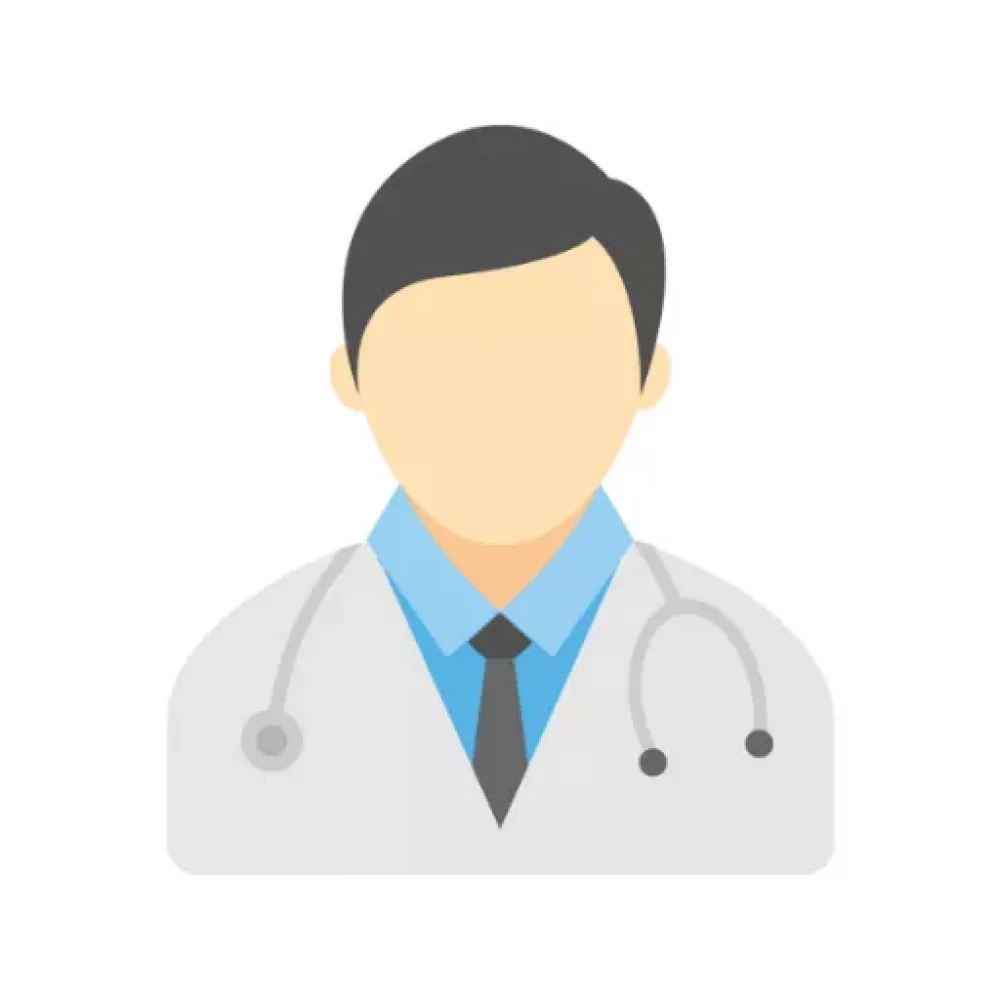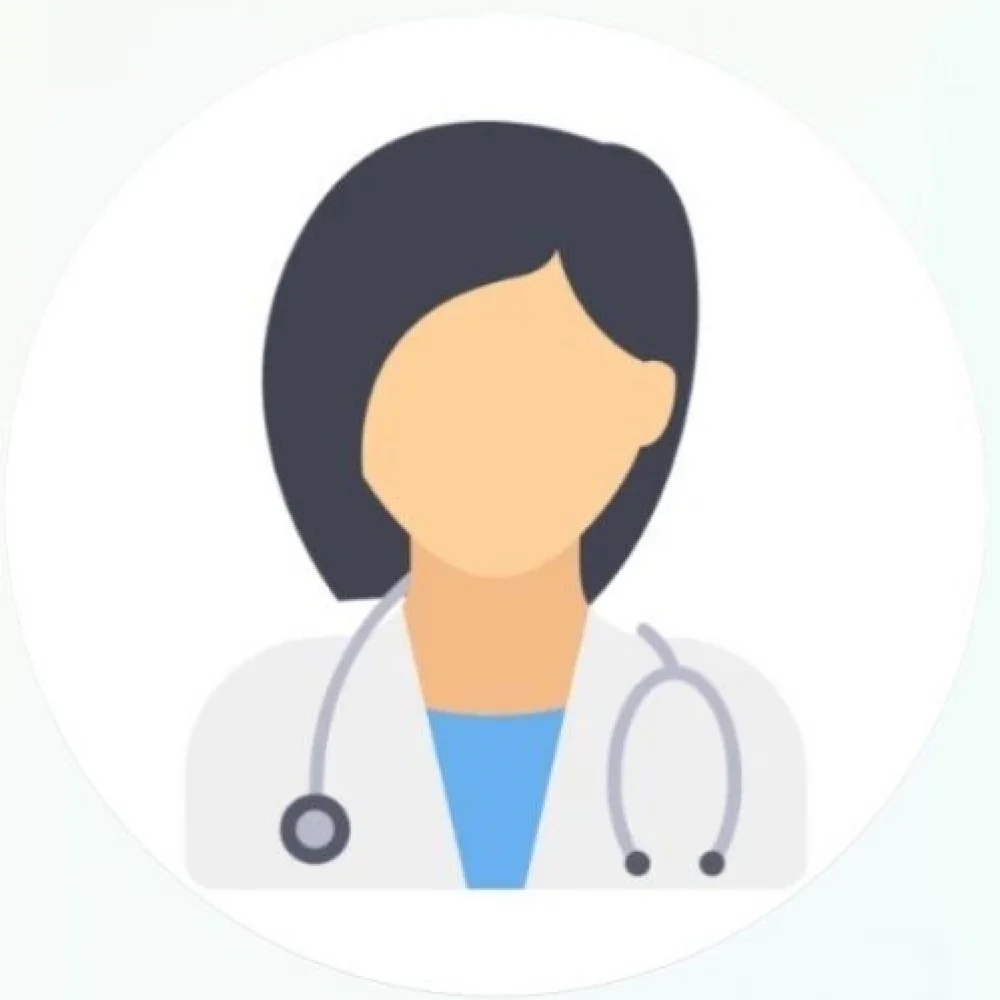Hepatitis, Cirrhosis, Fatty Liver
Liver disease treatment encompasses a range of conditions that affect the liver’s normal functioning, ranging from infections like hepatitis to chronic conditions like cirrhosis and fatty liver. The liver plays a crucial role in filtering toxins, aiding digestion, and supporting various metabolic processes, making its health essential for overall well-being. Hepatitis, cirrhosis, and fatty liver are among the most common liver disorders, each with distinct causes, symptoms, and potential complications. Liver Disease Treatment in Chennai offers advanced medical approaches and expert care for effectively diagnosing and managing these liver conditions.
Hepatitis involves inflammation of the liver, often due to viral infections, while cirrhosis results from long-term liver damage, leading to scarring and impaired function. Fatty liver disease, on the other hand, is marked by excessive fat accumulation in the liver and is often linked to lifestyle factors such as poor diet and alcohol consumption. Early detection, treatment, and lifestyle changes are vital for managing these conditions and preventing further complications.
What is Liver Disease?
Liver disease refers to any condition that hampers the normal functioning of the liver. The liver is responsible for filtering toxins, producing bile, regulating blood sugar levels, and aiding digestion. When it becomes diseased or damaged, it can cause widespread health problems. Early identification is vital, as many liver diseases progress silently. Prime Indian Hospital offers comprehensive liver disease treatment in Chennai, tailored to detect and manage liver conditions at all stages.
Common liver diseases include:
- Cirrhosis: Scarring of liver tissue from prolonged damage, leading to poor function.
- Hepatitis: Viral or toxic inflammation of the liver. It may be acute or chronic.
- Fatty Liver Disease: Caused by excess fat deposits in the liver, usually due to obesity or alcohol.
Symptoms
Liver diseases can develop silently and often remain undetected until significant damage occurs. Common symptoms may overlap among different liver conditions, making early medical evaluation essential.
- Persistent fatigue and weakness: The liver plays a central role in energy metabolism. As its function deteriorates, the body feels constantly tired, even after rest.
- Yellowing of the skin and eyes (jaundice): This occurs when bilirubin builds up in the blood due to the liver’s inability to process it. It’s a key symptom of hepatitis and cirrhosis.
- Abdominal pain and swelling: Pain or a feeling of fullness on the right side of the abdomen can indicate liver inflammation or enlargement. Ascites, or fluid accumulation, is common in cirrhosis.
- Loss of appetite and unexplained weight loss: Liver dysfunction often affects digestion and appetite regulation, causing people to eat less and lose weight rapidly.
- Dark urine and pale stools: A sign of bile flow disruption, this may accompany jaundice in liver diseases.
- Itchy skin and easy bruising: The liver helps synthesize clotting proteins. Dysfunction leads to bleeding tendencies and itchy, dry skin due to bile salt accumulation.
Prompt liver disease treatment in Chennai is necessary when these symptoms are observed to prevent complications.
Diagnosis
Early and accurate diagnosis is critical for effective liver disease treatment in Chennai. Diagnosis involves a mix of physical examinations, imaging studies, and laboratory testing.
- Blood tests (liver function tests—LFTs): These measure enzyme levels, bilirubin, and protein synthesis capability to assess liver health. Abnormalities often point to hepatitis, fatty liver, or cirrhosis.
- Ultrasound and CT scans: These imaging tests help identify liver size, fat accumulation, nodules, or cirrhosis-related changes in liver texture.
- Liver biopsy: A sample of liver tissue is examined microscopically to confirm the extent of inflammation or fibrosis, especially in suspected cirrhosis or non-alcoholic fatty liver disease.
- FibroScan: This non-invasive test assesses liver stiffness, which correlates with the degree of fibrosis or scarring. It is particularly useful in chronic hepatitis and cirrhosis.
- Viral hepatitis markers: Tests for hepatitis A, B, and C viruses confirm viral involvement, aiding targeted treatment.
- MRI with elastography: Offers detailed insight into liver fat and fibrosis without biopsy in certain advanced settings.
Reliable liver disease treatment in Arumbakkam often begins with these diagnostic tools to guide an individualized management plan.
Treatments
Liver diseases vary in severity and cause, so treatment is tailored accordingly. Liver disease treatment in Chennai aims to halt disease progression and manage symptoms effectively.
- Antiviral therapy: For hepatitis B and C, antivirals suppress or eliminate the virus, reducing inflammation and preventing long-term damage.
- Lifestyle modifications: For fatty liver, weight loss through diet and exercise is essential. Avoiding alcohol, fatty foods, and sugary beverages helps reverse early-stage liver fat accumulation.
- Medications: Ursodeoxycholic acid, vitamin E, and insulin-sensitizing agents are prescribed for non-alcoholic fatty liver disease. Diuretics, beta-blockers, and lactulose may be used in cirrhosis.
- Liver transplantation: For advanced liver cirrhosis treatment in Chennai, transplantation may be the only option when the liver loses its ability to function.
- Nutritional support: High-protein diets are often recommended unless encephalopathy is present. Supplements may be given for vitamin deficiencies.
- Endoscopic and surgical interventions: These manage complications such as variceal bleeding or ascites.
Patients looking for the best treatment for liver disease in Chennai can benefit from multi-speciality care combining medical, dietary, and surgical support.
Stages
Understanding the progression of liver diseases is vital for initiating timely liver disease treatment in Chennai. These conditions often develop over four major stages:
- Stage 1 – Inflammation (Hepatitis): At this stage, the liver becomes inflamed due to infections like hepatitis or fatty infiltration. Symptoms are mild or absent, but ongoing damage begins.
- Stage 2 – Fibrosis: Scar tissue starts forming in the liver as it tries to repair itself. The organ continues to function, but persistent inflammation can worsen fibrosis.
- Stage 3 – Cirrhosis: Extensive scarring affects blood flow and liver function. Common symptoms include jaundice, fluid retention, and confusion. Liver cirrhosis treatment in Chennai is crucial at this point.
- Stage 4 – Liver failure or cancer: When cirrhosis progresses, the liver loses most of its function. Patients may develop hepatocellular carcinoma or need a transplant.
People seeking liver disease treatment in Arumbakkam benefit from early-stage diagnosis to avoid irreversible liver damage.
Prevention
Preventing liver diseases involves lifestyle changes and health awareness. Effective prevention strategies support long-term liver health and reduce the need for extensive liver disease treatment in Chennai.
- Vaccination: Vaccines for hepatitis A and B are effective preventive measures, especially for high-risk groups.
- Alcohol moderation: Avoiding excessive alcohol significantly reduces the risk of cirrhosis. Patients already diagnosed should abstain completely to prevent progression.
- Maintain a healthy weight: Obesity is a major cause of fatty liver. Regular exercise and a balanced diet help prevent fat accumulation in the liver.
- Safe practices: Avoid sharing needles, razors, or other items that may transmit hepatitis viruses. Use protection during sexual contact.
- Routine health checks: Regular liver function tests can help detect problems early, especially in people with diabetes, high cholesterol, or obesity.
- Avoid hepatotoxic substances: Some medications, supplements, and herbs can harm the liver. Always consult a healthcare provider before starting new treatments.
These measures, along with early intervention, reduce the risk of needing intensive fatty liver treatment in Chennai.
Conclusion
Liver conditions like hepatitis, cirrhosis, and fatty liver can lead to severe complications if untreated. With expert care, early detection, and lifestyle management, patients can live healthier lives. Prime Indian Hospital offers the best treatment for liver disease in Chennai, combining expertise with compassion. For residents of Arumbakkam, our specialized center provides accessible and expert liver disease treatment in Arumbakkam to support liver health at every stage. Prioritize your well-being by choosing the most trusted liver disease treatment in Chennai.














